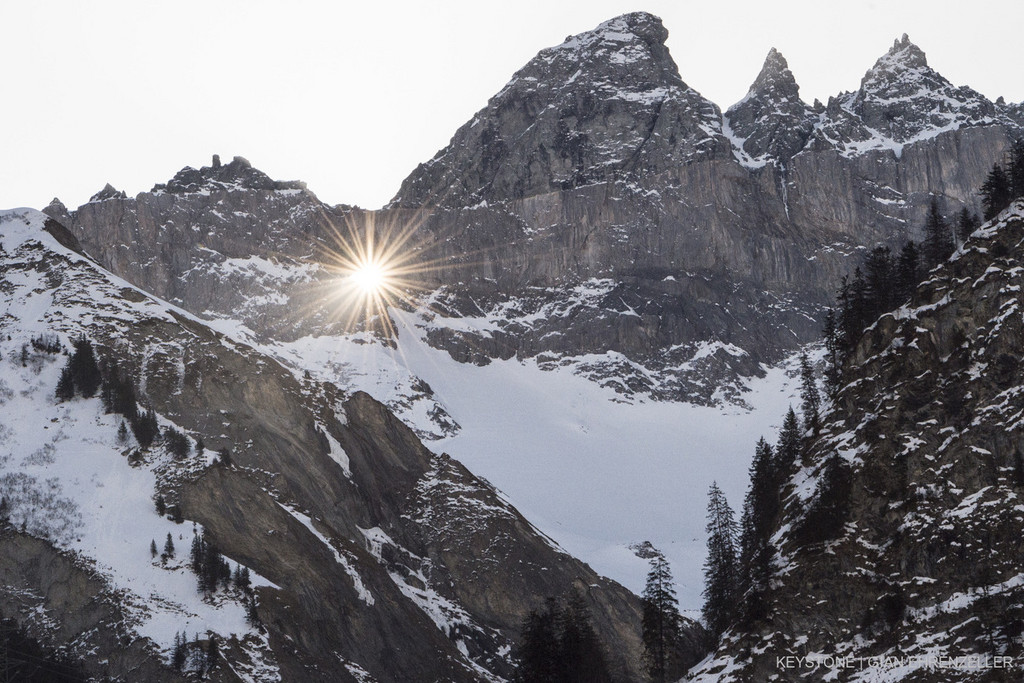
Triumphant ‘climate seniors’ cause a stir

The big wolf hunt in the Swiss mountains

News

What has Switzerland learned from the Credit Suisse debacle?

News

More money for defence, less for foreign aid

News

Switzerland is the most innovative country in the world – for the eighth time in a row. That’s according to the annual ranking published by the World Intellectual Property Organization. What determined the top ranking was, in part, Switzerland’s high investment in research and development as well as its technological excellence. Switzerland did well primarily in the area of patents and intellectual property. Following right behind Switzerland in the ranks are the Netherlands, Sweden, Great Britain and Singapore.
All those who voted on 23 September noticed it: the Federal Council has changed the way it informs the public about proposals submitted to the vote of the people. The voting booklet it issues has a new, more colourful layout and the content has been changed. A new element is the column for readers in a hurry who want to be informed at a glance. Initiative and referendum committees are now given the same amount of space as the Federal Council to present their arguments: the information is thus more politically balanced. By making these changes, the Federal Council is taking new reading habits into account and attempting to improve the knowledge of voters.
The tiger mosquito was originally a native of the tropical areas of South and Southeast Asia. In the meantime, however, the mosquito has spread worldwide – including to Switzerland – through the transport of goods and tourist travel. More than 20 years ago it established itself in Ticino. Now it can also be found north of the Alps. Most recently it was sighted in the Basel area. The tiger mosquito is feared because it can transmit the Zika virus or dengue fever, among others. Since these diseases are rare in Switzerland, though, the risk of infection is low.
For Switzerland, this summer which is drawing to an end has been one of the most problematic on meteorological record. In many places temperatures rose above records set in 2003. Lack of precipitation aggravated the situation. Meteorologists spoke of it being the summer with the lowest amount of precipitation in 100 years, which brought with it a high risk of wildfire. The consequences for Swiss agriculture cannot yet be assessed. Water temperatures rose in many places to a life-threatening level for native fish. In view of the high temperatures, river water-cooled nuclear power plants had to scale down their operations.
Comments